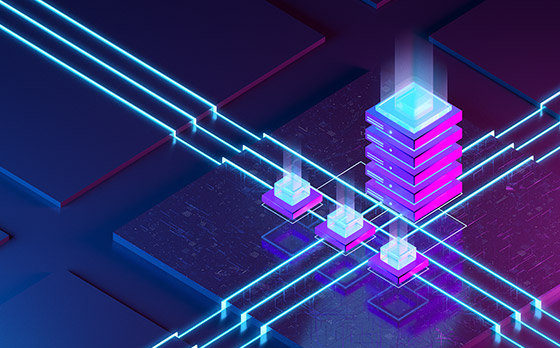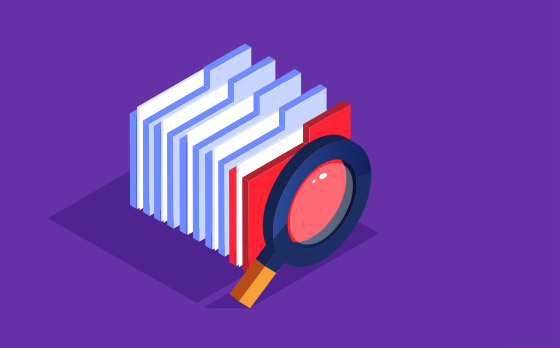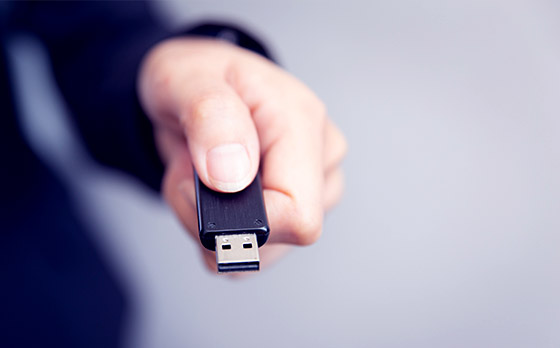


with the expertise they need to navigate the complex world of eDiscovery.
Many companies in Asia, such as Korea, Japan, Taiwan, and other countries, are not familiar with
the US legal procedures and eDiscovery requirements.
This can make challenging for them to comply with the necessary measures and actions during litigation.
To address this challenge, Intellectual Data takes on a critical role in educating our clients in Asia Pacific.
We work directly with our clients to explain the eDiscovery process
and help them understand the steps they need to take and avoid during litigation.
By providing our clients with the knowledge and expertise they need,
we help them to more effectively manage their electronic data discovery needs and comply with legal requirements.
At Intellectual Data, we understand that eDiscovery is a critical legal proceeding under the common law, held before the trial begins.
This means that parties involved in litigation must mutually share evidence and documents to clarify points of dispute.
Our team of experts is dedicated to helping our clients legally and efficiently satisfy all such requirements in a cost-effective manner.
With our comprehensive services covering the full spectrum of the Electronic Discovery Reference Model (EDRM),
from data collection to document review and production,
we provide reliable and professional solutions
to help our clients manage their electronic data discovery needs.

-
 Complaint21DAYS
Complaint21DAYS
-
 Answer
Answer Answer
AnswerAnswer
Once the defendant receives the complaint, he or she either choose to represent themselves or hire an attorney to make an appearance within the given period according to the process as stipulated in the complaint. If the defendant fails to make an appearance within the period stated in the complaint (Approximately 21 days May be extended upon request), the court may make a fully favorable judgement (also referred to as Default Judgement) based on the request of the plaintiff without oral proceedings. Therefore, after receiving the complaint, the defendant should immediately contact one’s lawyer to respond with caution and speed.
-
 Interrogatories
Interrogatories Interrogatories
InterrogatoriesInterrogatories are part of Discovery which refer to the process of one party sending a written questionnaire to the other party with the purpose of securing information relevant for the trial.
In general, a previously confirmed person of one party sends the questionnaire to a confirmed person of the other party. The number of questions which can be raised through such a written questionare is normally limited to 25 according to the rules of the court(for FRCP patent trials), but additional questions may be allowed by obtaining permission by the court.
According to Article 33 of FRCP, the person who received the questionnaire must provide an answer within 30 days.
-
 Meet and Confer
Meet and Confer Meet and Confer
Meet and ConferAt the FRCP 26(f) meeting (Meet and Confer), the appointed attornies prepare for the upcoming FRCP16 (Case Management Conference, or CMC), and establish a plan and timeline for Discovery. Under such circumstances, if evidence needs to be submitted electronically, the type, location and submission form are discussed.
- Document Request
-
 Deposition
Deposition Deposition
DepositionA statement of testimony or witness examination refers to documentation recorded by the witness out-of-court with the purpose to use in trial. After receiving a written or oral question by a designated person, the witness is sworn in, and provides one’s testimony. The records are later used in court as proof.
In the case of cross-border trials, as the international law firm generally asks oral questions directly, a professional interpreter is hired to facilitate the process. And sometimes a court-certified court reporter or videographer sit in on the process.
-
 Case Management Conference
Case Management Conference Case Management
Case Management
Conference(CMC)While Discovery takes place in the FRCP16 meeting(CMC), the plaintiff and defendant gather together in court for an oral proceeding or meeting to review the status of Discovery or align on points of dispute with regards to producing of certain evidence.
Based on the joint report drafted in the Meet and Confer meeting, both parties reach a final conclusion on the timeline of the trial to take place in court, and the court decides on a Scheduling Order. In addition, at the CMC, discussion topics range from not only the future timeline of the trial, but also the background and main points of dispute for the case.
-
 Expert Demand
Expert Demand Expert Demand
Expert DemandIn a US patent trial, in addition to Discovery with regards to facts, experts are called in to provide expert opinions to the jury on matters including the patent’s function, value, determination on whether infringement occurred or not, and damages. Expert testimony in court is allowed after the judge makes a decision based on the relevancy and reliability of the particular subject matter and testimony.
-
 Mediation/SettlementCutoff
Mediation/SettlementCutoff -
 Trial30+ DAYS
Trial30+ DAYS

[8~10month Continuation]
-
1
 Forensic Collection
Forensic CollectionForensic collection is the process to collect the
electronic data storage devices(PC, mobile device, or
external storage drive) of a custodian who has connections
with the trial or subject matter. -
2
 Upload, Process and Extract
Upload, Process and ExtractFrom the collected data, documents relevant to the trial
are uploaded to a specialized solution for eDiscovery and
processed. Through this process, the documents collected
from various sources are converted into a format enabling
extraction from the database upon search. -
3
 Search, Find and Review
Search, Find and ReviewFrom the documents which were collected without any filtering,
documents that are actually relevant to the trial or subject
matter are searched, found and reviewed. Out of such documents,
there is a review process so that the documents which may be
acknowledged by the court as Privileged Documents may be excluded. -
4
 Redact, Convert and Produce
Redact, Convert and ProduceFrom the documents to be produced, partial redaction of
personally identifiable information or sensitive information
not relevant to the trial is possible. The source data is
converted into the appropriate format, and produced to the
agencies (court, government investigative agencies and etc).
-
01 Efficiency
Discovery allows both parties involved to exchange information and identify trials with no ground or means of defense. As a result, when the trial proceeds, one has a certain level of understanding about gain and loss or unfavorable standing in the case. This can accelerate voluntary resolution of dispute from the parties concerned early on in the trial.
-
02 Fairness
Unlike the Law of South Korea which the party concerned needs to prove one’s argument, Discovery under the Common Law requires information and records pertaining to the trial be produced as evidence and shared with one another based on the Good Faith Principle to clarify the points of dispute. This makes it possible to have fair arguments based on facts.
-
03 Convenience
After the amendment to FRCP in 2006, the previous paper-based discovery has been changed to Electronically Stored Information(ESI). Evidence converted into digital format has made the data analysis and identifying the points of dispute much easier and faster.